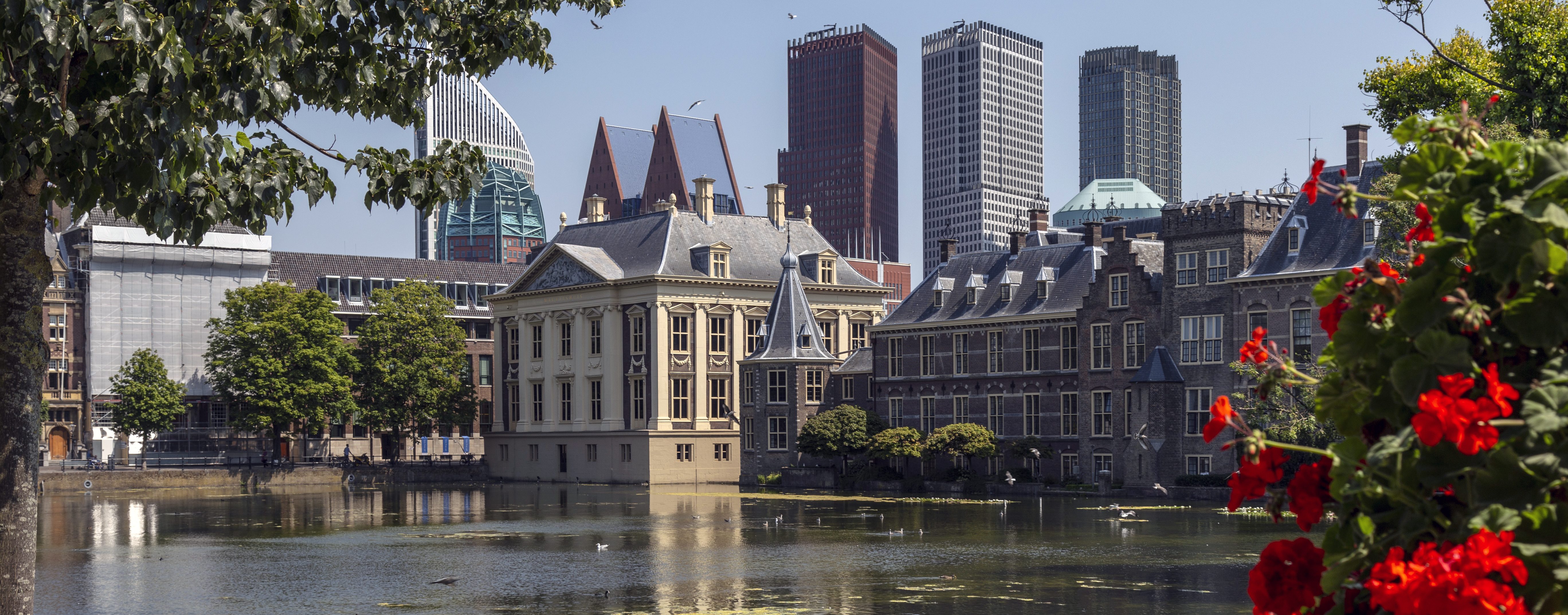- Vrije Universiteit Amsterdam (VUA; HERILAND coordinator), CLUE+, Interfaculty Research Institute for Culture, Cognition, History and Heritage
- Newcastle University (UNEW), School of History, Classics and Archaeology
- Göteborgs Universitet (UGOT), Department of Conservation
- Università degli Studi Roma Tre (UNIROM3), Department of Architecture
- Technische Universiteit Delft (TUD), Department of Architectural Engineering and Technology
- Bezalel Academy of Arts and Design, Jerusalem (BEZAL), The Graduate Program in Urban Design
The project is rooted in Europe’s long history of conserving its rich heritage and landscape assets in town and country. Throughout the 20th century, great progress was made in creating structures and promulgating principles to guide heritage and landscape conservation, but as the 21st century proceeds, society is challenged by new far-reaching changes. These include various forms of migration, greater digital connection, environmental degradation and climate change. Confronted with such a fast-changing context, heritage management needs new ideas, tools and training to ensure that interdisciplinary, research-based heritage, landscape management and spatial planning are positively integrated with business activity, with city and rural development, and with democratic participation in decision making that shapes the future landscape. This is HERILAND’s key challenge.
Our research design positions heritage in the frame of five transformation processes which we identify as key challenges to the heritage management of the 21st century: The Spatial Turn, Democratisation, Digital Transformations, Shifting Demographies and Contested Identities, and Changing Environments. Using this framework, 15 PhD researchers will be provided with advanced training combining theoretical and instrumental knowledge in a series of research seminars, living labs and secondments with our public and private partners. By doing this, HERILAND will establish a new pan-European, transnational, interdisciplinary and cross-sectoral research and training standard.
The overriding aim of HERILAND is the empowerment of a new generation of academics, policy makers, practitioners, professionals and entrepreneurs. This new generation must devise and guide transdisciplinary, cross-sectoral and mainstreamed planning and design strategies for regenerating European heritage and landscape, foster social inclusiveness, and create socially, economically and environmentally sustainable future landscapes.
- to conceive and operationalise a transferable research design with which to investigate at a multi-national level how heritage should be managed and planned in the context of contemporary spatial and societal transformations and related sustainable development goals;
- to develop a skill set with innovative analytical concepts, methods and tools, implementing and evaluating them in practice;
- to provide researchers and practitioners of spatial heritage planning with an innovative and diverse set of concepts, techniques and skills for promoting and supporting co-creative approaches;
- to establish a new European PhD-training standard in the transdisciplinary area of heritage and spatial planning,
- to offer ‘on the job’ training of scientific and complementary professional skills, expose the students to multiple audiences (also in dissemination) and raise students’ future job opportunities;
- to guarantee sustainability of the HERILAND College as a European-wide platform for collaborative research and training.

